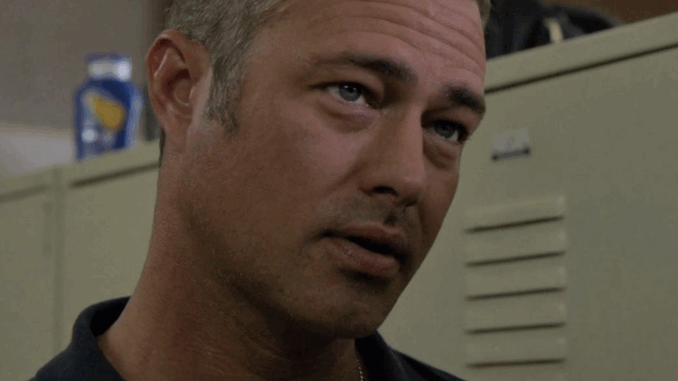
Severide in Transition: Leading When the Team Feels Broken
Kelly Severide has always been the anchor of Firehouse 51—the calm in the chaos, the one who charges into the fire without flinching. But Season 12 has shown us a quieter, more reflective Severide. With Sam Carver’s departure and growing emotional cracks across the team, Severide is carrying more than his fair share of weight, and it’s beginning to show.
The departure of Carver hits differently for Severide. Not just because Carver was a skilled firefighter, but because Severide had mentored him, defended him, and believed in his potential when few others did. Their bond was never spoken about in sentimental terms, but it existed—in tough love, in rescue drills, in shared respect earned in the heat of battle.
Unspoken Grief Behind the Badge
Severide doesn’t break down. He doesn’t vent. Instead, the emotional cost manifests in subtle ways—in short glances, in moments of hesitation, in long silences. One particularly powerful scene shows Severide lingering in the apparatus bay after a shift, his eyes locked on Carver’s locker. No music, no dialogue—just a man alone with his thoughts, surrounded by the tools of a job that often takes more than it gives.
His struggle isn’t just with grief—it’s with responsibility. Did he push Carver too hard? Was there something he missed? In true Severide fashion, he internalizes it all, determined to stay strong for everyone else. But the cracks are visible, especially to those who know him best.
Support in Stella, Balance in the Chaos

One of the few places Severide allows himself to be vulnerable is with Stella Kidd. Their dynamic this season is the strongest it’s ever been—built on mutual respect and quiet understanding. In private moments, Kidd doesn’t press him to talk. She doesn’t demand emotion. She simply sits with him, offering the kind of presence that doesn’t ask for anything in return. It’s in these scenes that we see Severide most clearly—not as a lieutenant or a husband, but as a man trying to do right by his people.
In a rare moment of emotional openness, Severide tells Kidd, “I don’t know if I’m doing this right anymore.” It’s a gut-punch, not because it’s dramatic, but because it’s real. Even the strongest among us can doubt. And in that doubt, Severide becomes even more relatable.
Still the First In, Last Out
Despite the emotional weight, Severide never stops showing up. When a dangerous warehouse collapse traps two civilians, he leads the charge, crawling into unstable rubble to save lives. The scene is classic Chicago Fire—intense, gritty, and heart-pounding. But what makes it even more compelling is the emotional context: Severide needs this win. He needs to believe that his leadership still matters, that his choices still make a difference.
He pulls both victims out safely. But as the team celebrates, Severide steps away quietly, a bittersweet smile on his face. The win is real, but the weight remains.
The Fire Within
Kelly Severide may not be the most expressive character on Chicago Fire, but this season has revealed new depths. His story is not about explosive change, but quiet resilience. He is the kind of leader who carries everyone else’s pain without complaint. But the cost of that strength is heavy—and Chicago Fire is finally giving us a glimpse of what it looks like to bear that burden.
As the season builds toward its finale, Severide’s journey reminds us that even the strongest firefighters can be fragile too—and that real heroism sometimes means showing up, even when your heart is heavy.